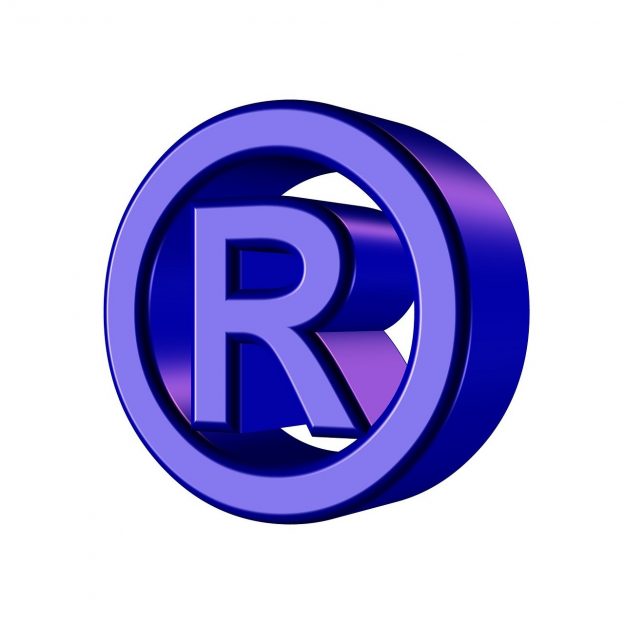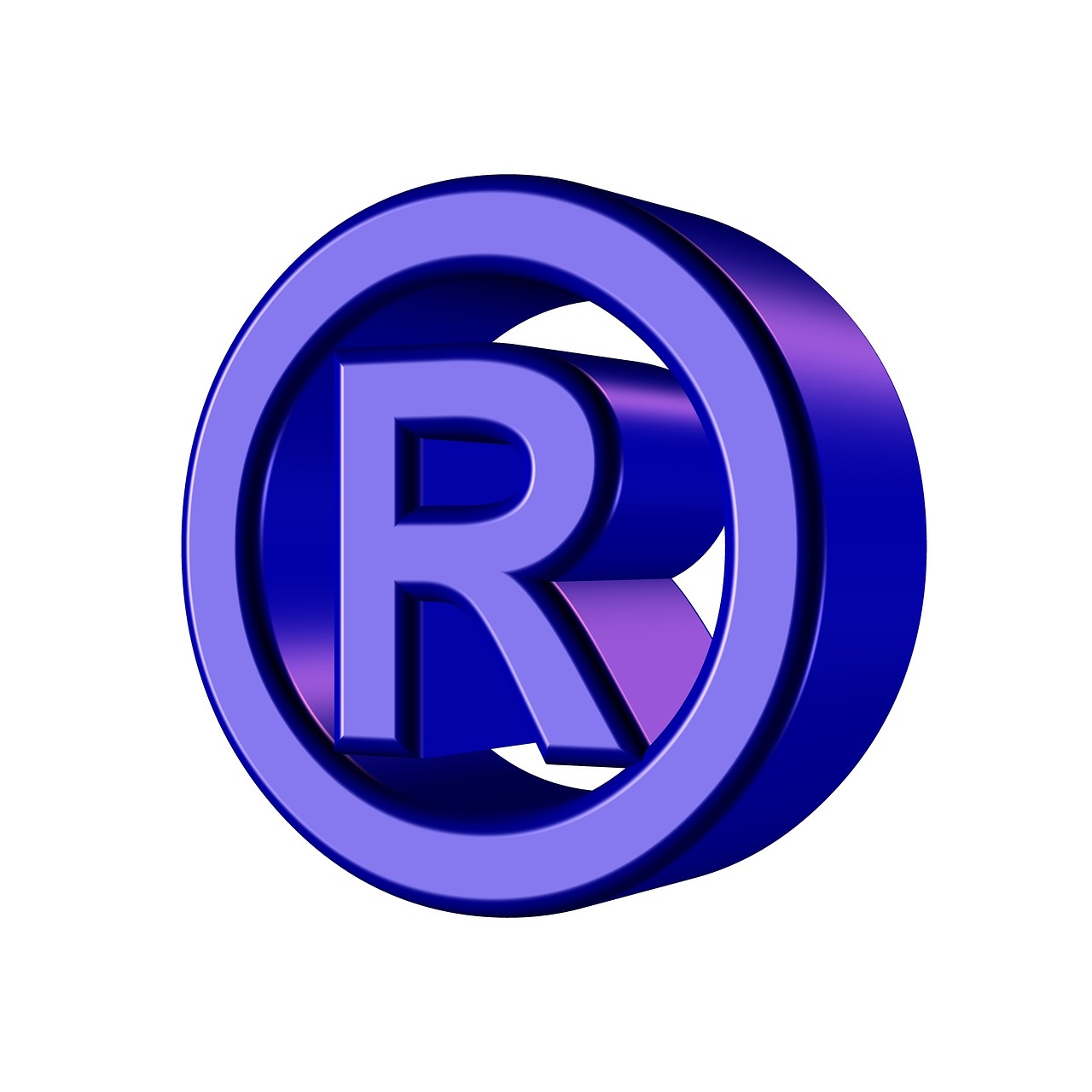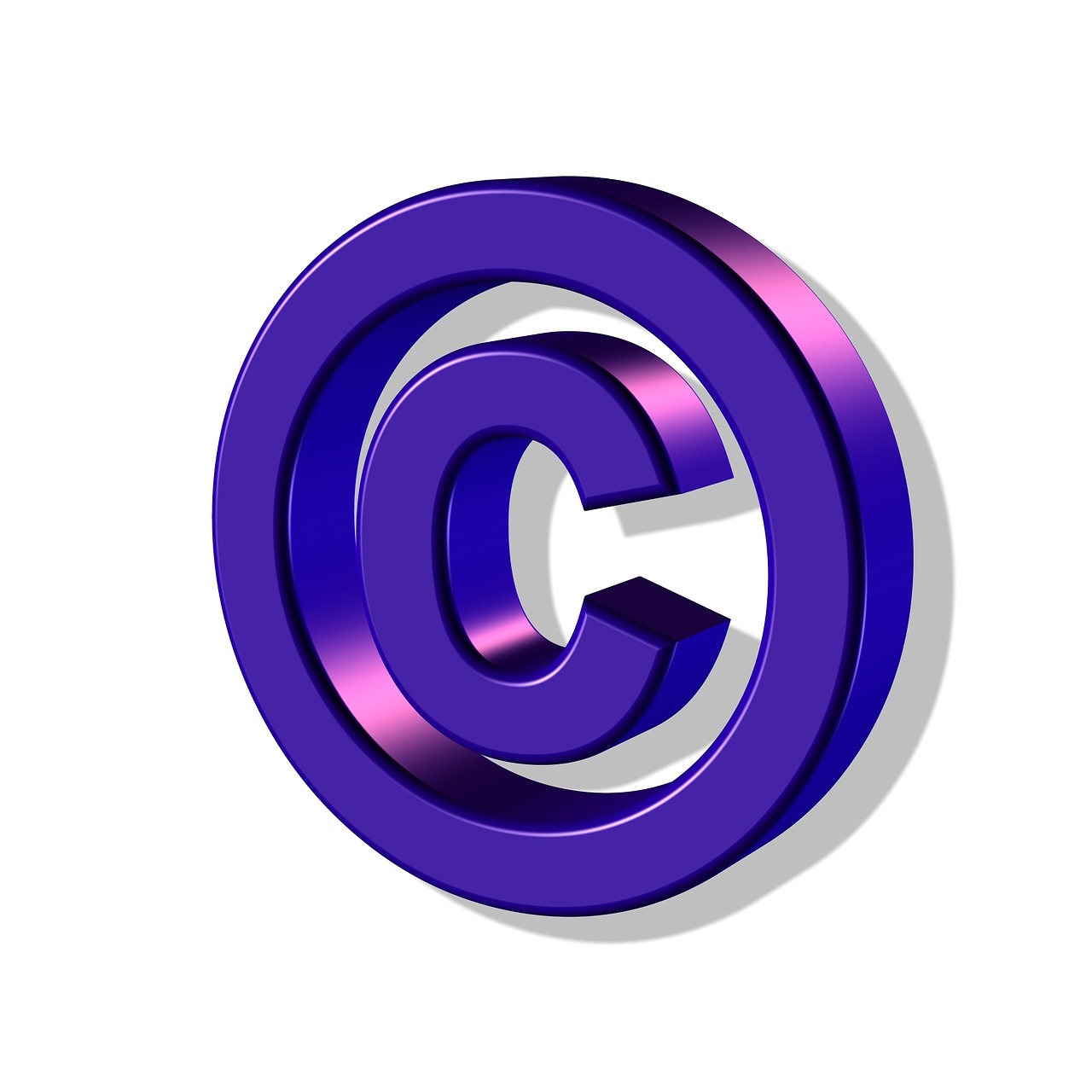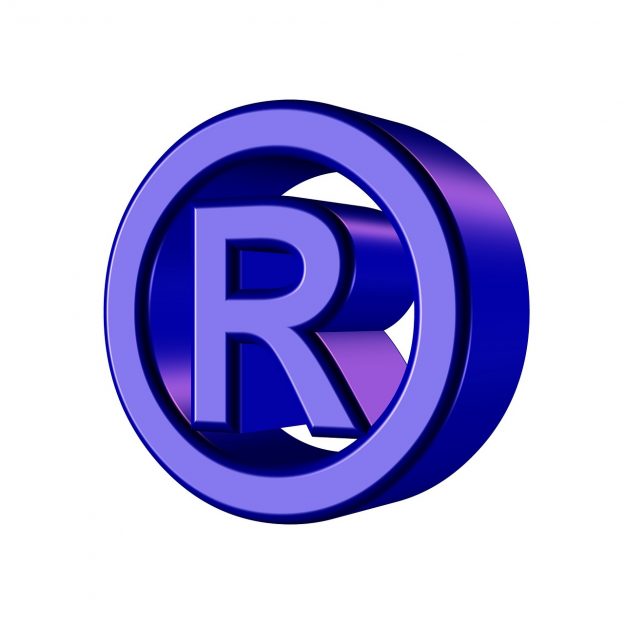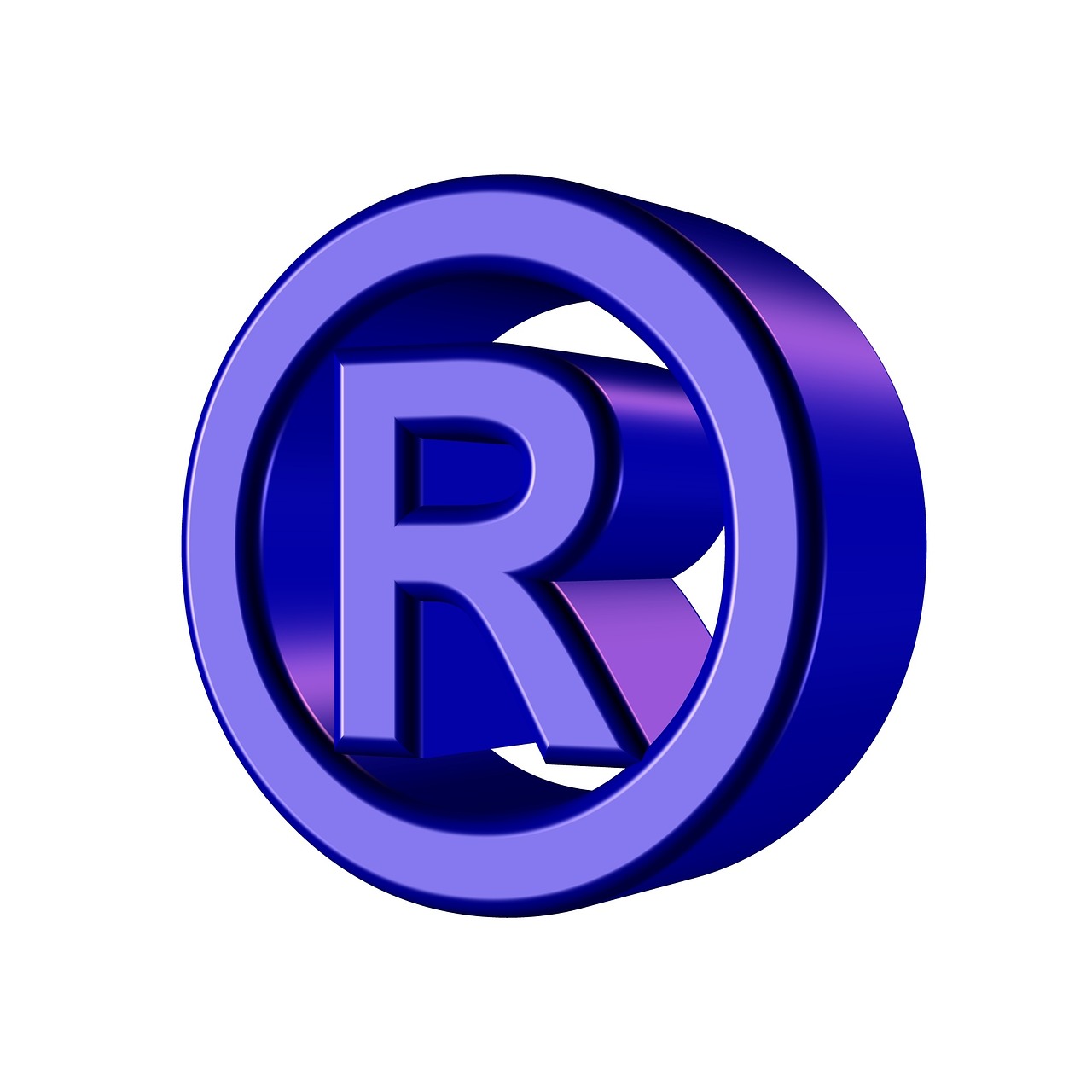As an Intellectual Property Lawyer in Wellsville, Utah, my focus is helping businesses and business owners protect their valuable ideas and creations. Intellectual property is a complex and rapidly evolving area of law, and it is crucial for companies to understand their rights and options. With my expertise and experience, I can provide valuable guidance and representation to clients facing issues such as trademark infringement, copyright violations, and trade secret theft. I can help you with intellectual property protection and how to navigate the intricate legal landscape of IP law in Wellsville.

What is Intellectual Property Law?
Intellectual Property Law refers to the legal framework that protects the creations of the human mind, such as inventions, artwork, designs, brands, and trade secrets. It provides individuals and businesses with exclusive rights over their intellectual creations, allowing them to reap the benefits of their innovation and creativity. Intellectual Property Law plays a crucial role in fostering innovation and encouraging economic growth by incentivizing individuals and organizations to invest time, effort, and resources into developing new and groundbreaking ideas.
Overview of Intellectual Property Law
Intellectual Property Law encompasses various legal principles and regulations that govern the creation, ownership, use, and protection of intellectual property. It provides creators and inventors with the exclusive rights to reproduce, distribute, display, perform, and license their intellectual creations. These rights are protected by both national and international intellectual property laws and treaties.
Types of Intellectual Property
There are several types of intellectual property that can be protected under Intellectual Property Law. They include:
-
Trademarks: These protect distinctive symbols, names, logos, or phrases that are used to identify and distinguish goods or services in the marketplace.
-
Copyrights: These protect original works of authorship, such as literary, artistic, musical, or architectural creations.
-
Patents: These protect inventions and provide inventors with exclusive rights to make, use, or sell their inventions for a limited period.
-
Trade Secrets: These protect valuable and confidential business information, such as formulas, processes, methods, or customer lists, that provide a competitive advantage.
Importance of Intellectual Property Protection
Intellectual Property Protection is essential for individuals and businesses for several reasons:
-
Market Advantage: Intellectual property protection enables businesses to differentiate themselves from competitors and establish a unique market presence. Trademarks, for example, help consumers recognize and associate specific products or services with a particular company, building trust and loyalty.
-
Incentive for Innovation: Intellectual property protection incentivizes innovation and creativity by offering exclusive rights and financial rewards to inventors and creators. This encourages individuals and organizations to invest resources in research and development, leading to technological advancements and economic growth.
-
Profit Generation: Intellectual property rights allow creators and inventors to monetize their innovations through licensing, franchising, or selling their intellectual creations. This can be a significant source of revenue for businesses, contributing to their overall profitability.
-
Legal Remedies: Intellectual property protection provides legal remedies for infringement, unauthorized use, or misappropriation of intellectual creations. Enforcement of intellectual property rights allows individuals and businesses to take legal action against infringers and seek damages or injunctive relief.
Benefits of Hiring an Intellectual Property Lawyer
When dealing with the complexities of Intellectual Property Law, it is highly recommended to hire an experienced Intellectual Property Lawyer. Here are some benefits of hiring an Intellectual Property Lawyer:
Expertise in Intellectual Property Law
Intellectual Property Lawyers specialize in the diverse aspects of intellectual property law, including trademarks, copyrights, patents, and trade secrets. They possess in-depth knowledge of the legal frameworks, regulations, and procedures involved in protecting and enforcing intellectual property rights. By hiring an Intellectual Property Lawyer, you gain access to their expertise and guidance throughout the intellectual property management process.
Protection of Intellectual Property Rights
One of the primary roles of an Intellectual Property Lawyer is to protect your intellectual property rights. They can assist in conducting comprehensive searches to ensure that your intellectual creations do not infringe upon existing rights. Additionally, they can help you register your trademarks, copyrights, or patents with the appropriate government agencies, securing your exclusive rights and preventing others from unlawfully using or copying your intellectual property.
Strategies for IP Portfolio Management
Managing and maximizing the value of your intellectual property portfolio is crucial for long-term success. An Intellectual Property Lawyer can develop strategies tailored to your specific business needs and goals, helping you identify and prioritize valuable intellectual assets. They can assist in drafting licensing agreements, negotiating partnerships, and exploring opportunities for commercializing your intellectual property, ensuring that you are making the most of your intellectual creations.
Services Provided by an Intellectual Property Lawyer
Intellectual Property Lawyers offer a wide range of services to individuals and businesses seeking to protect their intellectual property rights. Some of the services provided include:
Trademark Registration
Registering a trademark is essential for establishing brand recognition and preventing others from using a similar or identical mark. An Intellectual Property Lawyer can guide you through the trademark registration process, conducting thorough searches to ensure your mark is unique and preparing the necessary documentation for submission to the relevant authorities.
Copyright Registration
Copyright registration provides legal protection for original works of authorship, such as books, music, films, or software. An Intellectual Property Lawyer can assist you in registering your copyright, ensuring that your work is properly protected and that you have the exclusive rights to reproduce, distribute, or perform your creative content.
Patent Prosecution
Obtaining a patent for your invention requires a complex and thorough legal process. An Intellectual Property Lawyer can help you navigate the patent prosecution process, ensuring that all the necessary documentation, including patent applications and specifications, are prepared and filed correctly. They can also provide guidance on patentability searches and help you respond to any office actions from the patent office.
Trade Secret Protection
Trade secrets are valuable and confidential information that provide a competitive advantage for businesses. An Intellectual Property Lawyer can help you identify, protect, and enforce your trade secrets, ensuring that appropriate contractual agreements and confidentiality measures are in place to prevent unauthorized disclosure or use of your trade secrets.
IP Licensing and Transfer
Licensing or transferring your intellectual property can be a lucrative business strategy. An Intellectual Property Lawyer can assist you in negotiating and drafting licensing agreements, ensuring that your rights are protected and that you receive proper compensation for the use of your intellectual creations.
IP Litigation and Dispute Resolution
Intellectual property disputes can arise, and when they do, it is crucial to have an experienced Intellectual Property Lawyer by your side. They can represent you in intellectual property litigation, helping you enforce your rights or defend against allegations of infringement. Additionally, an Intellectual Property Lawyer can assist in alternative dispute resolution methods, such as negotiation or mediation, to resolve intellectual property conflicts effectively.
The Role of an Intellectual Property Lawyer
An Intellectual Property Lawyer plays a critical role in advising and assisting clients with various aspects of intellectual property matters. Some of the key roles and responsibilities of an Intellectual Property Lawyer include:
Advising on IP Strategies
An Intellectual Property Lawyer can help you develop effective strategies for managing, protecting, and commercializing your intellectual property assets. They can provide expert guidance on issues such as portfolio analysis, infringement risk assessment, licensing opportunities, and international intellectual property protection.
Drafting and Reviewing Legal Documents
Drafting and reviewing legal documents is a significant part of an Intellectual Property Lawyer’s role. They can prepare and review contracts, licensing agreements, non-disclosure agreements, and other legal documents related to the protection and use of intellectual property. Ensuring that these documents are comprehensive, accurate, and enforceable is crucial to safeguarding your rights.
Negotiating IP Agreements
When entering into licensing agreements, partnership agreements, or other contractual arrangements involving intellectual property, an Intellectual Property Lawyer can negotiate on your behalf. They can ensure that your rights and interests are adequately protected, and that the terms of the agreement are fair and favorable.
Enforcing and Defending IP Rights
In the event of intellectual property infringement or disputes, an Intellectual Property Lawyer can represent you in enforcing your rights or defending against allegations of infringement. They can initiate legal actions, prepare cease and desist letters, and advocate for your interests in court or other dispute resolution forums.
Qualities to Look for in an Intellectual Property Lawyer
When choosing an Intellectual Property Lawyer, it is important to consider several key qualities that can contribute to a successful and productive attorney-client relationship. Some qualities to look for in an Intellectual Property Lawyer include:
Experience and Expertise
An experienced Intellectual Property Lawyer with substantial knowledge in intellectual property law can offer valuable insights and strategies. Look for a lawyer who has a track record of handling intellectual property cases, obtaining successful outcomes for clients, and staying up to date with the latest developments in intellectual property law.
Communication Skills
Effective communication is crucial for a fruitful attorney-client relationship. A skilled Intellectual Property Lawyer should be able to explain complex legal concepts in a clear and understandable manner. They should also be responsive, attentive, and able to clearly convey your rights, options, and legal strategies.
Trust and Confidentiality
Intellectual Property Lawyers work with highly sensitive and valuable information. Look for a lawyer who values trust and confidentiality, ensuring that your intellectual property is protected and that your discussions remain confidential.
Client Reviews and Testimonials
Client reviews and testimonials can provide valuable insights into the reputation and quality of services provided by an Intellectual Property Lawyer. Take the time to research and read reviews from previous clients to gauge their satisfaction and level of service.
Intellectual Property FAQs
What are the different types of intellectual property?
The different types of intellectual property include trademarks, copyrights, patents, and trade secrets. Each type of intellectual property protects a different kind of creation or invention.
How do I protect my intellectual property?
To protect your intellectual property, you can register trademarks, copyrights, or patents with the appropriate government agencies. Additionally, you can implement confidentiality measures and contractual agreements to protect trade secrets.
Can I register my trademark without legal assistance?
While it is possible to register a trademark without legal assistance, the process can be complex and time-consuming. Hiring an Intellectual Property Lawyer can ensure that your trademark registration is done correctly, increasing the chances of approval and protecting your rights.
What should I do if someone is infringing my copyright?
If someone is infringing your copyright, it is important to consult with an Intellectual Property Lawyer. They can help you assess the situation, gather evidence of infringement, and take appropriate legal action to enforce your rights.
How long does a patent last?
The duration of a patent varies depending on the type of patent granted. Generally, utility patents last for 20 years from the date of filing, while design patents last for 15 years.
What are the benefits of licensing my intellectual property?
Licensing your intellectual property allows you to generate revenue by granting others the right to use, produce, or distribute your intellectual creations. This can be a valuable source of income and can increase the exposure and reach of your intellectual property.
What is the difference between a trade secret and a patent?
A trade secret is valuable and confidential business information, such as formulas or customer lists, which provides a competitive advantage. A patent, on the other hand, is a legal protection granted to inventions, giving the inventor exclusive rights for a limited period.
How can an intellectual property lawyer assist with IP disputes?
An Intellectual Property Lawyer can assist with IP disputes by providing legal advice, conducting investigations, developing legal strategies, and representing clients in negotiations, mediation, or litigation.
What are the potential consequences of intellectual property infringement?
The consequences of intellectual property infringement can include financial damages, injunctions, loss of exclusive rights, reputation damage, and legal costs. In some cases, intellectual property infringement can also lead to criminal charges.
How much does it cost to hire an intellectual property lawyer?
The cost of hiring an Intellectual Property Lawyer varies depending on various factors, such as the complexity of the case, the experience and reputation of the lawyer, and the services required. It is best to consult with an Intellectual Property Lawyer to discuss the specific details and obtain a clear understanding of the associated costs.

Case Studies
Protecting a Trademark in a Competitive Market
In a highly competitive market, a business owner sought the assistance of an Intellectual Property Lawyer to protect their trademark. The lawyer conducted a comprehensive search to ensure the uniqueness of the mark and successfully registered it with the appropriate government agency. With their trademark secured, the business owner was able to establish brand recognition and protect their reputation, giving them a competitive edge in the market.
Successfully Enforcing Copyright in a Digital Landscape
An artist discovered that their artwork was being used without permission on various websites. They engaged an Intellectual Property Lawyer to help enforce their copyright and put an end to the unauthorized use. The lawyer gathered evidence of infringement, prepared cease and desist letters, and negotiated with the infringers to remove the artwork. Through the lawyer’s diligent efforts, the artist successfully protected their copyright and regained control over the use of their creative work.
Navigating International Patent Prosecution
A technology company developed a groundbreaking invention and sought to protect it internationally. They turned to an Intellectual Property Lawyer with experience in international patent prosecution. The lawyer guided the company through the complex process of filing and prosecuting patents in multiple countries, ensuring that the invention was protected globally. With the lawyer’s expertise, the company secured the necessary patents, allowing them to expand their market reach and maintain a competitive advantage.
Securing Trade Secrets in a Collaborative Business Environment
A company operating in a collaborative business environment faced the challenge of protecting its valuable trade secrets. Recognizing the importance of trade secret protection, they engaged an Intellectual Property Lawyer to develop strategies and implement safeguards. The lawyer helped draft comprehensive non-disclosure agreements and advised the company on best practices for maintaining the confidentiality of their trade secrets. As a result, the company successfully safeguarded their trade secrets and maintained their competitive position in the market.
Why Choose Our Intellectual Property Lawyer in Wellsville, Utah?
When seeking an Intellectual Property Lawyer in Wellsville, Utah, there are several reasons to choose our services:
Extensive Experience in Intellectual Property Law
Our Intellectual Property Lawyer has extensive experience in intellectual property law, with a deep understanding of the legal frameworks and procedures involved. With a track record of successfully handling complex intellectual property cases, we have the expertise to provide valuable guidance and representation.
Proven Track Record of Success
Our Intellectual Property Lawyer has a proven track record of success, helping numerous clients protect and enforce their intellectual property rights. We have obtained favorable outcomes for our clients through negotiation, litigation, and alternative dispute resolution methods.
Tailored Strategies for each Client
We understand that each client has unique needs and goals when it comes to intellectual property management. Our Intellectual Property Lawyer develops tailored strategies and solutions for each client, ensuring that their intellectual property assets are protected and maximized according to their specific business objectives.
Personalized Attention and Client-Centric Approach
We prioritize personalized attention and a client-centric approach. We take the time to understand our clients’ concerns, goals, and challenges, providing them with dedicated support and guidance throughout their intellectual property journey. Our focus is on building long-term relationships based on trust, transparency, and mutual success.
Comprehensive Understanding of Business Needs
We have a comprehensive understanding of the business needs and concerns of our clients. We recognize that intellectual property plays a pivotal role in a company’s success and growth. By aligning our strategies with our clients’ business goals, we help them leverage their intellectual property for increased competitiveness, profitability, and market differentiation.

Contact Us for a Consultation
If you are seeking professional legal advice and representation in intellectual property matters, we encourage you to contact our Intellectual Property Lawyer in Wellsville, Utah. We offer a consultation to discuss your specific needs and provide you with tailored solutions for protecting and maximizing the value of your intellectual property. Call us today to schedule an appointment and take the first step towards securing your intellectual creations and achieving your business objectives.
Areas We Serve in Utah
We serve individuals and businesses in the following Utah locations:
Salt Lake City Utah
West Valley City Utah
Provo Utah
West Jordan Utah
Orem Utah
Sandy Utah
Ogden Utah
St. George Utah
Layton Utah
South Jordan Utah
Lehi Utah
Millcreek Utah
Taylorsville Utah
Logan Utah
Murray Utah
Draper Utah
Bountiful Utah
Riverton Utah
Herriman Utah
Spanish Fork Utah
Roy Utah
Pleasant Grove Utah
Kearns Utah
Tooele Utah
Cottonwood Heights Utah
Midvale Utah
Springville Utah
Eagle Mountain Utah
Cedar City Utah
Kaysville Utah
Clearfield Utah
Holladay Utah
American Fork Utah
Syracuse Utah
Saratoga Springs Utah
Magna Utah
Washington Utah
South Salt Lake Utah
Farmington Utah
Clinton Utah
North Salt Lake Utah
Payson Utah
North Ogden Utah
Brigham City Utah
Highland Utah
Centerville Utah
Hurricane Utah
South Ogden Utah
Heber Utah
West Haven Utah
Bluffdale Utah
Santaquin Utah
Smithfield Utah
Woods Cross Utah
Grantsville Utah
Lindon Utah
North Logan Utah
West Point Utah
Vernal Utah
Alpine Utah
Cedar Hills Utah
Pleasant View Utah
Mapleton Utah
Stansbury Par Utah
Washington Terrace Utah
Riverdale Utah
Hooper Utah
Tremonton Utah
Ivins Utah
Park City Utah
Price Utah
Hyrum Utah
Summit Park Utah
Salem Utah
Richfield Utah
Santa Clara Utah
Providence Utah
South Weber Utah
Vineyard Utah
Ephraim Utah
Roosevelt Utah
Farr West Utah
Plain City Utah
Nibley Utah
Enoch Utah
Harrisville Utah
Snyderville Utah
Fruit Heights Utah
Nephi Utah
White City Utah
West Bountiful Utah
Sunset Utah
Moab Utah
Midway Utah
Perry Utah
Kanab Utah
Hyde Park Utah
Silver Summit Utah
La Verkin Utah
Morgan Utah
Wellsville Utah IP Attorney Consultation
When you need help from a intellectual property lawyer, call Jeremy D. Eveland, MBA, JD (801) 613-1472 for a consultation.
Jeremy Eveland
17 North State Street
Lindon UT 84042
(801) 613-1472
Related Posts
What Are The 4 Different Types of Business Law?
Business Lawyer Washington Utah
Business Lawyer South Salt Lake Utah
Legal Requirements for Utah Technology Startups
Business Lawyer Farmington Utah
Due Diligence For Buying A Utah Business
Understanding Utah’s Labor Laws
Business Lawyer North Salt Lake Utah
Product Liability Laws in Utah
Preventing Cybersecurity Breaches
Business Lawyer North Ogden Utah
Business Lawyer Brigham City Utah
Mastering Business Law: Key Essentials For Success
Business Lawyer Centerville Utah
Shareholder Agreements in Utah
Business Lawyer Hurricane Utah
Corporate Attorney West Jordan UT
Estate Planning For Survivorship Considerations
Construction Lawyer West Bountiful Utah
Truck Accident Lawyer North Logan Utah
Estate Planning for Business Asset Protection



















